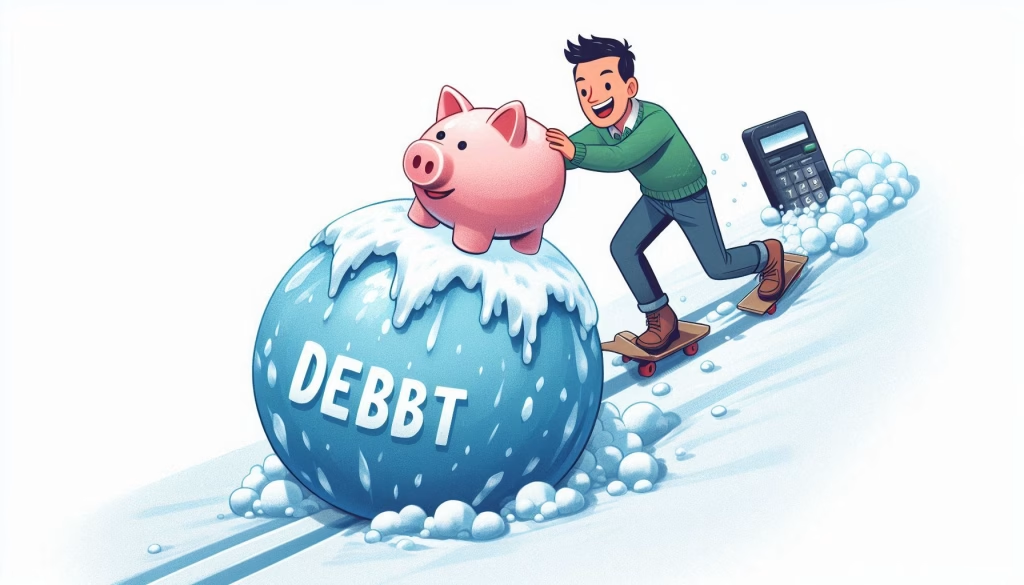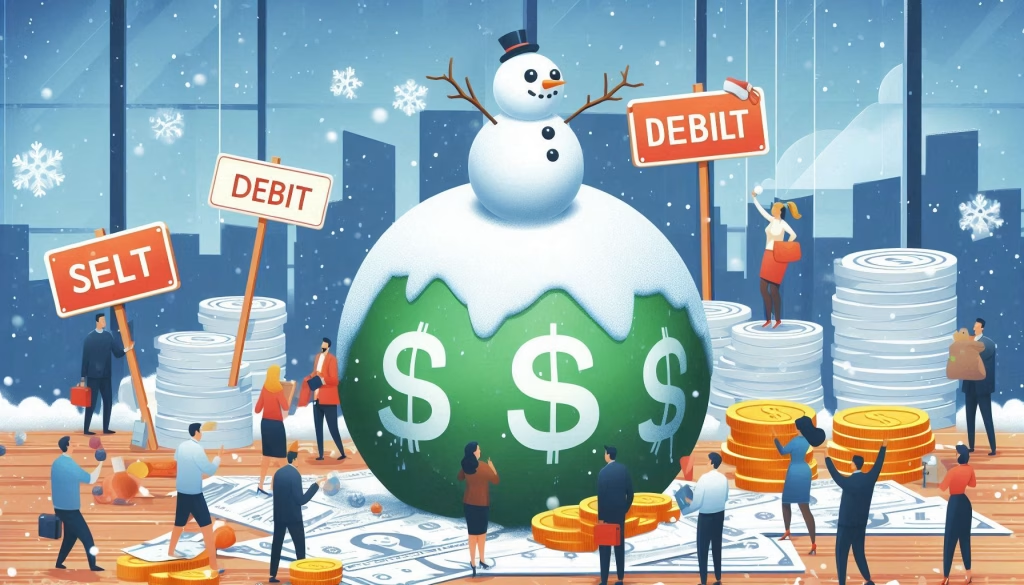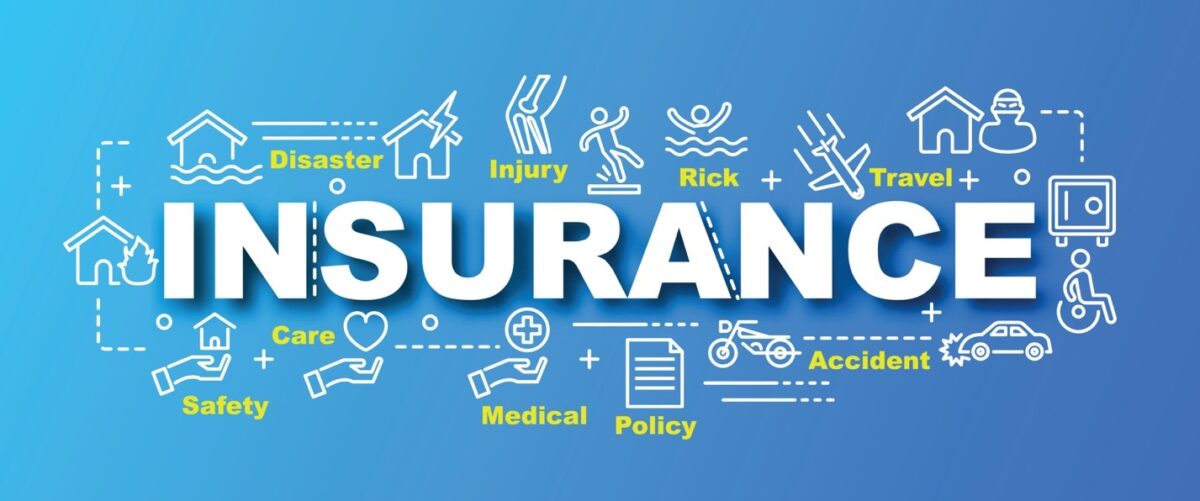Table of Contents
Overview
Many people are recorded as having debts, whether from banks, online loans, loan sharks, or other sources, and the amounts vary widely.
To settle their debts, individuals often seek the most suitable method. The debt snowball method is one of the most favored approaches.
The debt snowball method is a debt repayment strategy where you start by paying off the debt with the smallest balance first, while making minimum payments on all other debts. Once the smallest debt is paid off, you move on to the next smallest debt, and so on, gradually working your way up to the largest debt. This method can provide quick wins and a sense of progress, which can be motivating as you work towards becoming debt-free.
Definition of Debt Snowball

The debt snowball method is a debt repayment strategy that resembles the growth of a snowball. As one pays off smaller debts first, the capacity to pay off larger debts increases over time.
The debt snowball method involves starting with the smallest debt and working up to the largest. Psychologically, individuals tend to prefer paying off smaller debts first. Once the smaller debts are cleared, they can then concentrate on repaying larger amounts.
Applying the Debt Snowball Method
Before implementing the debt snowball method, it’s important to compile a list of your debts, prioritizing both those nearing maturity and those with more time remaining. For larger debts, consider paying the minimum required amount, typically 10% of the total debt.
Paying off small amounts of debt immediately can reduce your overall debt burden. This approach allows you to focus on gradually repaying larger debts.
Continue this process until you have paid off all your debts. This will enable you to plan your finances more effectively than before.
Advantages of Debt Snowball

Advantages of Debt Snowball No.1
InsuranceWhat.com
Increase Motivation to Pay
Indirectly, the debt snowball method can boost your motivation to pay off debts. As you witness individual debts shrinking, your belief strengthens that you can reduce larger debts as well.
As your desire to save grows, you can tackle your debts one at a time. This growing commitment to saving can help curb the urge for consumptive shopping, as you prioritize more important expenses.
Advantages of Debt Snowball No.2
InsuranceWhat.com
Reduced Stress
Accumulating a significant amount of debt can greatly increase mental stress, particularly when your income diminishes while expenses stay the same or rise.
Applying the debt snowball method correctly can decrease the total amount of debt, leading to a more peaceful state of mind.
Managing debts effectively is crucial to prevent them from accumulating due to interest charges, late fees, and substantial penalty costs.
Advantages of Debt Snowball No.3
InsuranceWhat.com
Improve Financial Planning
As debt decreases, your financial improvement potential increases. This is due to the reduced debt burden, which is now lower than it was previously.
It could be stated that the likelihood of allocating funds for emergencies, securing protection, and making investments is increasing. Consequently, your financial planning is becoming more robust in anticipation of the future.
Disadvantages of Debt Snowball

Disadvantages of Debt Snowball No.1
InsuranceWhat.com
Paying Off Debt Often Requires an Extended Period of Time
Calculating the debt repayment period reveals that it will be extended when payments start from the smallest to the largest amount, particularly if only the minimum payment is made on larger debts.
Once one debt is settled, it’s important to strategize the most effective method to eliminate the remaining debt until it is fully cleared.
Disadvantages of Debt Snowball No.2
InsuranceWhat.com
There is a RiskRisk Risk is a loss that occurs to the insured individual or object. Various bad possibilities could happen to someone. of Abandoning the Effort Midway
Consistently paying off debts can lead to a sense of discouragement, as a portion of the fruits of your monthly labor and hard work goes towards debt repayment.
Maintaining consistency is key in practice. There’s no need to hurry in settling debts if it causes pressure during payment. Proceed gradually according to your financial situation to ensure other necessities are not overlooked.
The Conclusion
Allocating the Correct Amount for Debt Repayment
The effectiveness of the debt snowball method hinges on knowing the amount of money you can allocate for debt repayment. The greater the sum and the more regular the payments, the quicker the debt will be eliminated.
Above all, maintain your determination and never lose hope when facing challenges in the debt repayment process.
Do you think you have other ideas about Debt Snowball Explained: Benefits, Drawbacks, and Implementation? You can comment and share your thoughts below, or discuss more in the InsuranceWhat Forum. Also, read more articles about GLOBAL INSURANCE or other interesting insurance topic articles only at InsuranceWhat.com.






